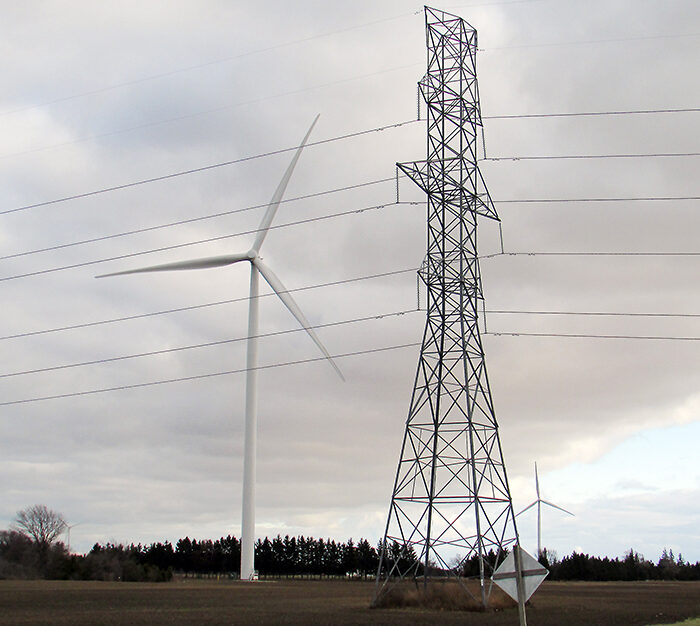
By Pam Wright
Local Journalism Initiative Reporter
A Chatham-Kent councillor wants to ensure Ontario Hydro protects C-K water wells during the construction of the St. Clair Transmission Line.
At a recent municipal planning meeting, North Kent Coun. Rhonda Jubenville served notice she will bring forward a motion Nov. 27 requesting the utility to specifically address the protection of water wells as part of its environmental assessment for the new project.
In the notice of motion, Jubenville pointed out the new project routes through a number of properties that were part of the Ministry of Health’s all-hazard investigation into fouled wells.
“The current provincial government has already confirmed a degradation of well water quality from 2017 to 2021,” Jubenville stated, adding Chatham-Kent is still awaiting a response to a letter sent to the province asking for further study on the toxicity and bio-accessibility of substances found in affected wells.
As part of the environmental assessment, Hydro One is open to public comment on the project until Dec. 7. Jubenville requests that the municipality sends a letter to the utility asking it to “use all means possible” to protect the quality of water wells located along the St. Clair Transmission Line route “from further degradation.”
The motion, which still needs to be approved by council, also asks Hydro One to support a base line water quality study that would see water wells along the line tested before, during and post construction, gathering data to ensure the project does not cause any “further water well interferences.”
The fouling of water wells is a long-standing sore point for property owners in the former Dover and Chatham Townships that have “black water” wells. Residents, some of whom cannot drink or bathe in the water, said the problem is a direct result of the construction and continued operation of wind turbines that disturbed the aquifer.
Earlier this year, the Wallaceburg Area Wind Concerns group, crowdfunded to raise money to test nine wells.
The tests were conducted by an accredited laboratory in Michigan, confirming that heavy metals, potentially toxic to humans when consumed, were present in the tested wells. The metals are contained in the fine sediment suspended in the water.
Arsenic, cadmium, nickel and lead – carcinogens that may be bio-accessible – were among the metals discovered.
The proposed St. Clair Transmission Line is a new double-circuit 230-volt transmission line that will carry 450 megawatts of electricity. It’s aim to increase the reliability and resilience of the region’s power supply, allowing agriculture and industry to expand
If approved, the project will see the expansion of the Lambton transformer and Chatham switching stations, as well as upgrades to the Wallaceburg transformer station.






I have never read of overhead electrical lines affecting drilled water wells.
Established Provincial regulations, require water well locations meet setback requirements, such as being clear of overhead power lines.
I understand that the people in Dover and Chatham townships are sensitive about the issues of disturbance and development, but there are things happening on the landscape that have a measurable impact on water quality and electrical lines are not one of them. Perhaps the named counselor is hoping this will have a measurable impact on her re-election.